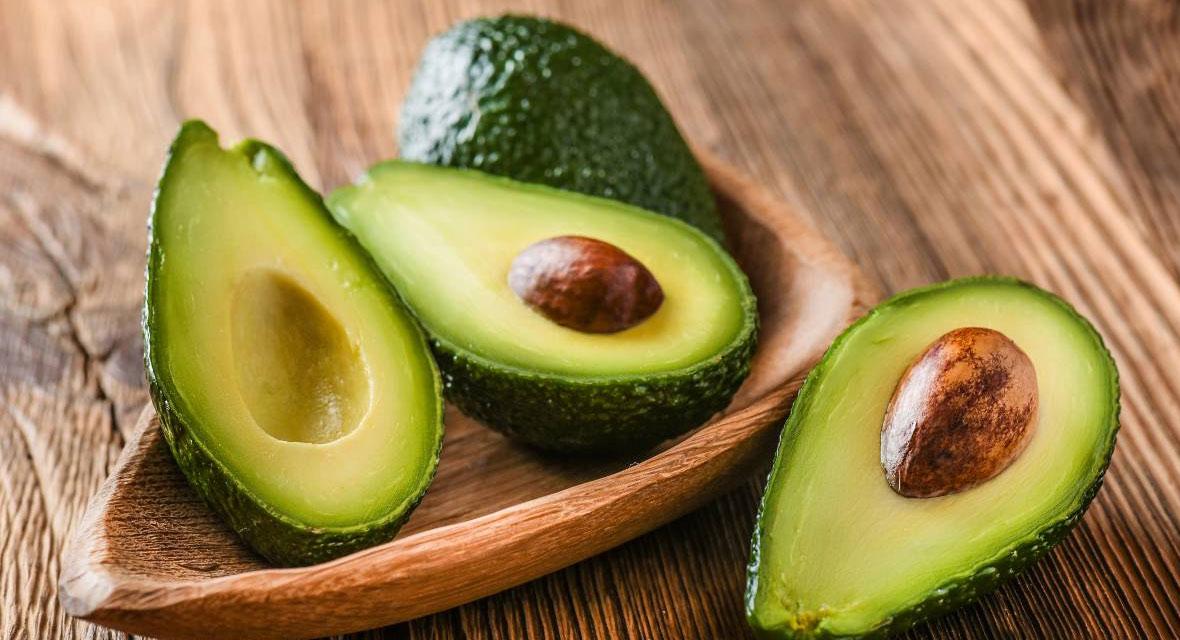🏆 As seen and loved on Shark Tank Dubai 🏆

Are Avocados Vegan? The Key Aspects You Need to Know
Avocados, with their creamy texture and versatile flavor, have become a staple in modern diets, celebrated for their nutritional richness and culinary adaptability. However, the seemingly innocent question of whether they are truly vegan has sparked a debate within the plant-based community. While avocados are plant-derived and absent of animal ingredients, ethical and environmental concerns surrounding their cultivation have raised questions about their alignment with vegan principles.
As their popularity continues to soar, it becomes imperative to unravel the layers of this avocado dilemma, navigating the intersection between dietary choices, ethical consciousness, and environmental sustainability.
Avocado Overview
Avocados are native to Central and South America and have transcended their regional origins to become global culinary sensations and key components of healthy meal plans. This pear-shaped fruit, prized for its creamy, buttery flesh, has earned a reputation as a nutritional powerhouse. Rich in heart-healthy monounsaturated fats, they also offer an abundance of vitamins, minerals, and dietary fiber.
Beyond their nutritional value, avocados have become a kitchen mainstay, lending themselves to an array of dishes, from guacamole to salads, sandwiches, and smoothies. Their versatility and mild, nutty flavor make them a favorite among health-conscious consumers seeking a wholesome addition to their diet.
As this fruit continues to feature prominently in various cuisines worldwide, its rise to superfood status is evidence to both its delectable taste and impressive health benefits.
Veganism Defined
Veganism, as a lifestyle and dietary choice, is founded on a commitment to abstain from the use of animal products in all aspects of life. Rooted in ethical and environmental concerns, veganism extends beyond dietary preferences to encompass a broader philosophy that seeks to minimize harm to animals and the planet. Vegans consciously avoid not only meat and dairy but also any items derived from animals, such as eggs, honey, and gelatin.
The core principles of veganism, centered on compassion for animals, a desire to mitigate environmental impact, and the promotion of sustainable practices, are exemplified through adherence to a plant-based diet and lifestyle. In the context of a vegan diet, individuals strive to contribute to a more humane and ecologically responsible world, challenging traditional norms and fostering a mindful approach to consumption and ethical decision-making.
By embracing such a diet, supporters actively participate in a broader movement aimed at creating positive change, both for the welfare of animals and the sustainability of the planet.
Vegan-Friendly Aspects of Avocados

Avocados are widely considered vegan-friendly due to several key aspects of their composition. As plant-derived fruits, they inherently lack animal-based components, aligning with the primary tenets of veganism. They serve as a valuable source of essential nutrients without relying on animal exploitation.
The primary reason avocados are embraced by the vegan community lies in their pure botanical nature. Devoid of meat, dairy, or any animal by-products, they contribute to a plant-based diet, offering an array of health benefits. Rich in monounsaturated fats, avocados provide a satisfying substitute for traditional sources of dietary fats, such as butter or cheese.
Furthermore, avocados contribute to ethical and sustainable agriculture practices. Unlike animal agriculture, its cultivation doesn't involve the direct exploitation of animals. Its production is centered on plant-based farming methods, making it a choice that resonates with individuals seeking cruelty-free alternatives.
Ethical Concerns and Environmental Impact
Despite their popularity in plant-based diets, avocados are not without ethical concerns and environmental impact, stirring debates within the vegan community. One significant issue is associated with large-scale avocado farming, particularly in regions like Latin America. Deforestation, often driven by the demand for orchards, raises alarms about habitat destruction and biodiversity loss. Additionally, water-intensive cultivation methods, especially in arid regions, contribute to environmental strain.
Ethical considerations extend to labor practices, as certain areas where avocados are grown have faced allegations of exploitative conditions and inadequate wages for workers. These concerns highlight the complex social justice aspects intertwined with avocado production.
Alternatives and Ethical Choices
For individuals seeking alternatives and ethical choices within the realm of plant-based fats, several options exist beyond avocados. Diversifying one's dietary choices not only broadens the nutritional spectrum but also addresses concerns related to the environmental and ethical implications associated with specific food sources.
Nut and Seed Butter: Almond butter, peanut butter, and sunflower seed butter are nutritious alternatives to avocado spread. These options provide a rich source of healthy fats, protein, and various essential nutrients.
Coconut Oil: Widely used in vegan cooking, coconut oil is a versatile substitute. Its unique flavor can complement both sweet and savory dishes, and it has become a staple in plant-based baking.
Hummus: Made from chickpeas, hummus serves as a flavorful and protein-rich spread. It can be used in sandwiches, wraps, or as a dip, offering a satisfying and ethical alternative.
Olive Oil: As a classic and widely available option, olive oil is a staple in many vegan kitchens. It adds a distinctive flavor to salads, vegetables, and various dishes.
Homemade Spreads: Crafting spreads using a variety of nuts, seeds, and plant-based ingredients allows for creativity and control over the sourcing of ingredients. This empowers individuals to make ethical choices based on their values.
The Bottom Line
The question of whether avocados are truly vegan encompasses a nuanced exploration of ethical, environmental, and dietary considerations. While avocados align with the principles of a plant-based diet, their production raises concerns about deforestation, water usage, and labor practices. As consumers, it is essential to navigate these complexities, seeking alternatives and making informed choices that align with our values.
Whether opting for alternatives or supporting ethically sourced fruits, a conscious approach ensures that our dietary decisions contribute to a more compassionate and sustainable world.
Reach out to start your fitness journey with us!
Meal Plans
Delivery Details
Legal Information
© 2020-2026 VMeals. All rights reserved. VMeals™ is a trademark of Flip Side Restaurant and Cafe L.L.C
We accept
